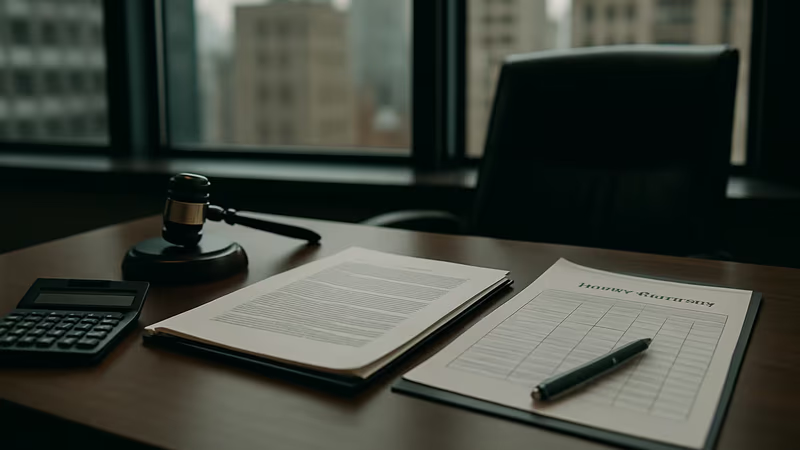Key Takeaway
Court rules hourly attorney fees only allowed for specifically enumerated NF-10 form policy issues in NY no-fault insurance cases, restricting fee recovery scope.
Kamara Supplies v GEICO Gen. Ins. Co., 2020 NY Slip Op 50414(U)(App. Term 1st Dept. 2000)
The holding is simple. If the “policy issue” is not specifically enumerated on the form NF-10, there is no basis for an hourly attorney fee. A no-show or intoxication defense fits under box #4 “the injured person is excluded under policy conditions or exclusion”
The Court said it was not since IME and EUO now show are not explicitly set forth in form NF-10. The “rationale” for the restrictive ruling is set forth herein: “Construing the regulation strictly, as we must since it is in derogation of the common law rule that parties to a controversy pay their own counsel fees (see McKinney’s Cons Laws of NY, Book 1, Statutes, § 301; Matter of A.G. Ship Maintenance Corp. v Lezak, 69 NY2d 1, 5 ), hourly attorneys’ fees are allowable where one of the specifically enumerated policy issues is involved, not whether one party designates a particular defense as a policy issue.”
I think a few points need to be raised. This Court over the last two years has just been getting the issues wrong. The reason is simply the lack of no-fault appeals this Court sees. This has caused a systemic distortion of the contours of these cases. And, as this case shows, the wrong decisions swing both ways.
First, to narrowly construe box #5 as “policy conditions” is wrong. No-fault law is narrowly construed against the carrier because the purpose is to afford coverage in a swift and generous fashion. Do I agree with this policy goal? Probably not. But, my beliefs are irrelevant. This is the public policy goal. That said, all challenged inferences go to the injured person and their assignor. Assuming this is a close case, the tie goes to the runner or here, the provider.
Second, the fact that we are fighting over a $70 per hour attorney fee is plainly asinine. Have we as attorneys devalued ourselves to the point that we are satisfied working for $70 an hour or $80- an hour? Moreover, if a provider had 10 cases on the calendar that day, the provider ethically would have to split his or her fee. Moreover, the paperwork is done in mass so it is hard to justify more than a few hours of time spend on doing paper work.
While I always appreciate the nuances in the law – and make no mistake – I would have pushed for hourly attorneys fees and appealed this decision if I was the Plaintiff. But on a larger scale front, this decision tells us what is wrong with the current system.
For instance, why should attorneys representing hospitals and surgeons make more money ($1000-$1360) per file than the bottom feeder attorney representing chiropractor clinics who is fighting a $40 fee schedule reduction two treatments denied on medical necessity grounds? There is zero public policy ground for what the system has become.
I understand at one point, you could make the argument that a 20% attorney fee was fair because you could encourage the provider to put all of his or her post IME or no show billings into one case and the attorney fee would be somewhat fair? But in the modern practice, we encourage surgery bills and disincentive other practitioner’s billings? While I disagree that any of this is “constitutional” or rises to a pernicious level that would warrant wholesale judicial action, I am beginning to wonder what policy goal is addressed by this regulation?

